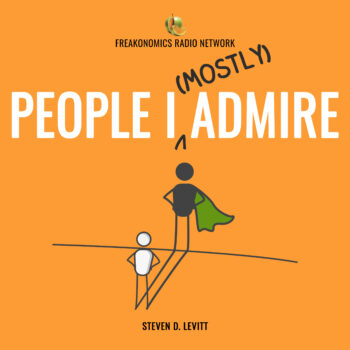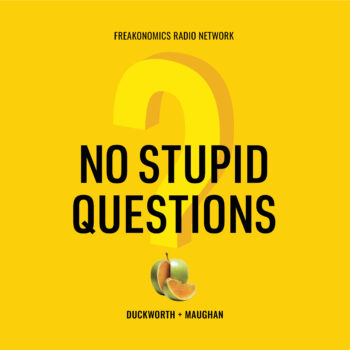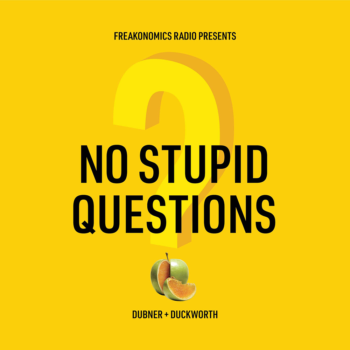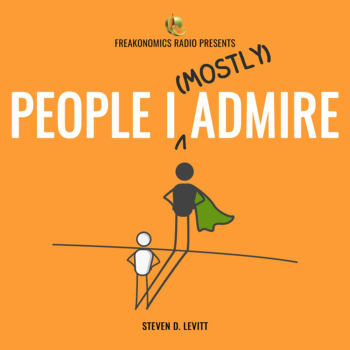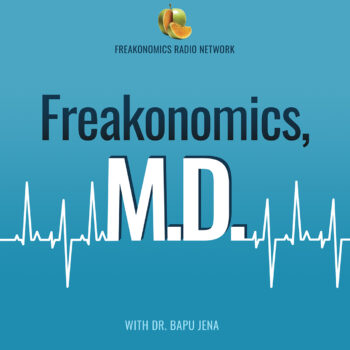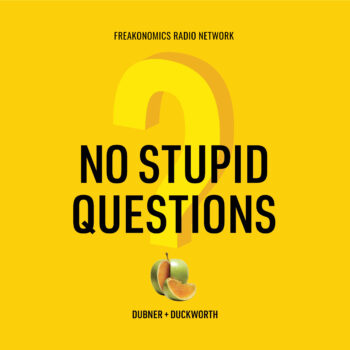The Crookedest Congressman: The Book on Randy ‘Duke’ Cunningham
…Cunningham went even further and incentivized bribery. Once the bribes reached $340,000, the rates dropped. The congressman would charge only $25,000 for each additional million dollar amount awarded. A $25…




